GOG is ready to take the killing shot: its offline installers "cannot be taken from you"
Steam has made a small change to its shopping page. A new message clearly states that you are not purchasing a game, but a license.
I say that the message is "apparently new" because I cannot swear that it hasn't already been there for weeks, days, or even months. It's there, and the internet has only just noticed it. The fact that there are no "you fool you absolute buffoon!" messages on Reddit makes me suspect it's a new phenomenon.
The message is brief: "A digital product purchased grants a license to use the product on Steam." The Steam Subscriber Agreement can also be accessed via a link. The change comes after Valve modified its subscriber agreement to remove the forced arbitration clause last month.
I added red so that you wouldn't miss out.
The message may be new but the reality is not. You can easily forget your Steam password and get a sense of how much you own your games. If you want to go all out, you can violate Steam rules in a public way (repeatedly if necessary). Your account will be removed, along with all of your "own" games. You cannot leave your Steam library on your deathbed, as you would if you owned it.
Discussions about whether anyone "owns" games or other digital contents have been going on since years. This Hacker News forum post from 2012, for example, warns users to carefully read the Steam Subscriber Agreement because software purchased through storefronts is licensed, and not owned.
"As convenient as Steam may be, allowing you to download software to any computer and get discounts from time to time is not worth giving up your right to own the things you buy," just2n wrote, in a message which feels like it was written 100 years ago.
If the lack of ownership on Steam wasn't a new thing, then why the new message now? My guess is that the new message stems from recent pushback by game publishers who have ended support for online games and rendered them inoperable. In some cases, they have even revoked licenses for those games. Ubisoft, however, broke the camel's rear earlier this year by ending services for The Crew. It also stripped licenses from those who purchased it. This sparked the "Stop Killing Games' consumer campaign, and more specifically, a California law that requires retailers warn consumers that digital games purchased by them can be taken from them at any time.
The law is only applicable in California, but I'm sure other states and countries will adopt similar laws. Valve's approach makes sense, given the difficulties of complying with regulations at a state-by-state level and the fact that the law only applies in California. They would simply send out this message every time. The law won't stop your games being taken from you but, as I said when the California law came into effect, it provides a layer legal cover for companies that take them. Steam is convenient, so shouldn't that be all that matters?
GOG never misses an opportunity to express its opinion on such matters. It took a few moments to consider a checkout message.
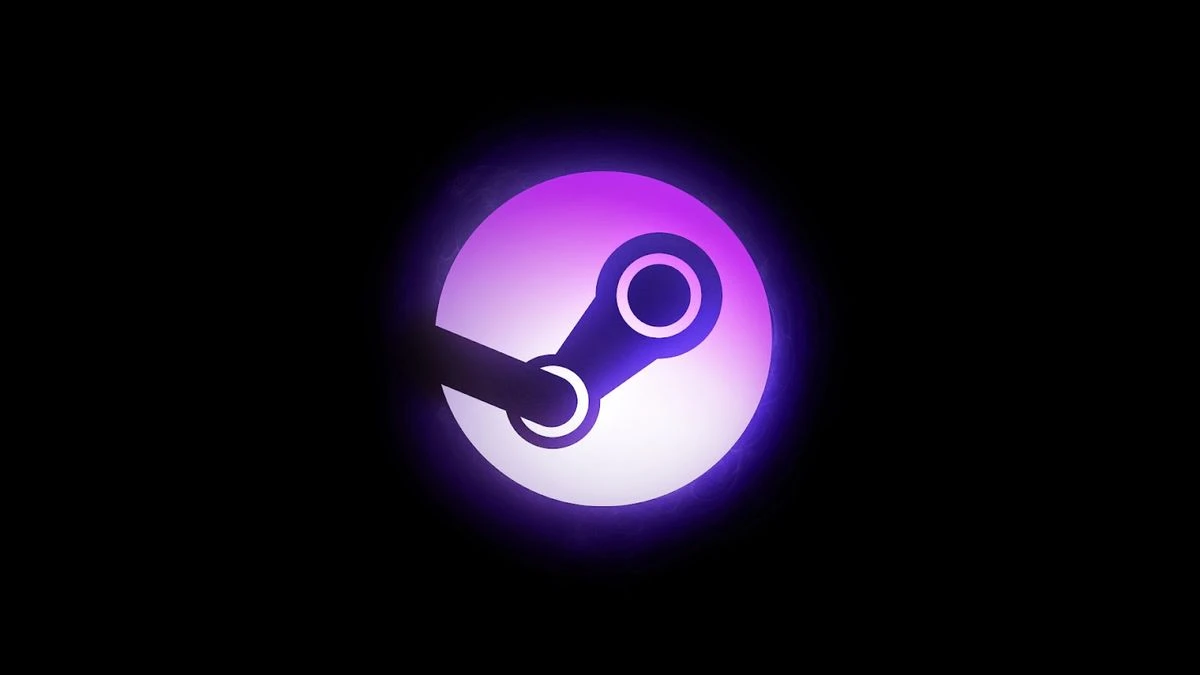
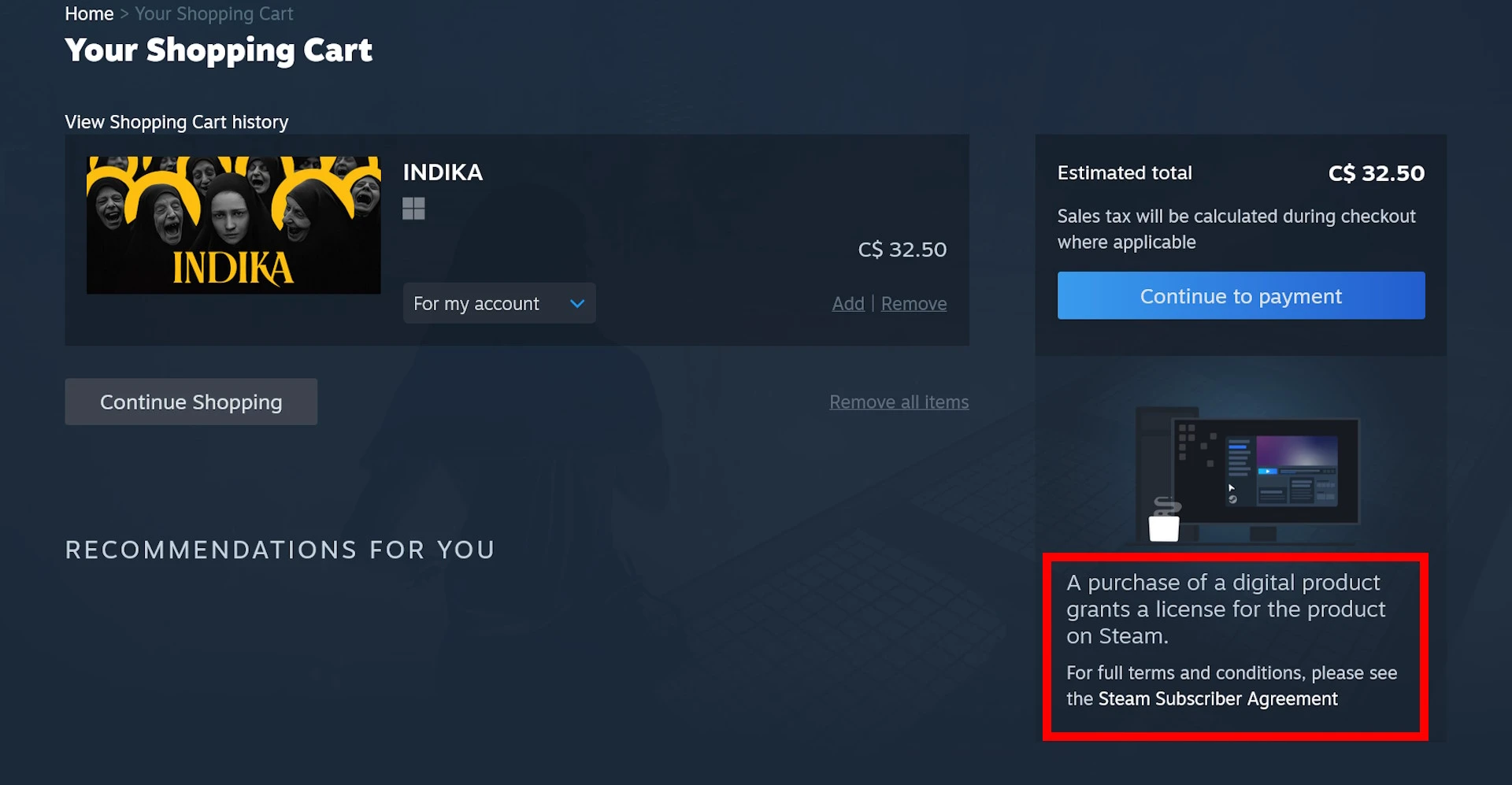
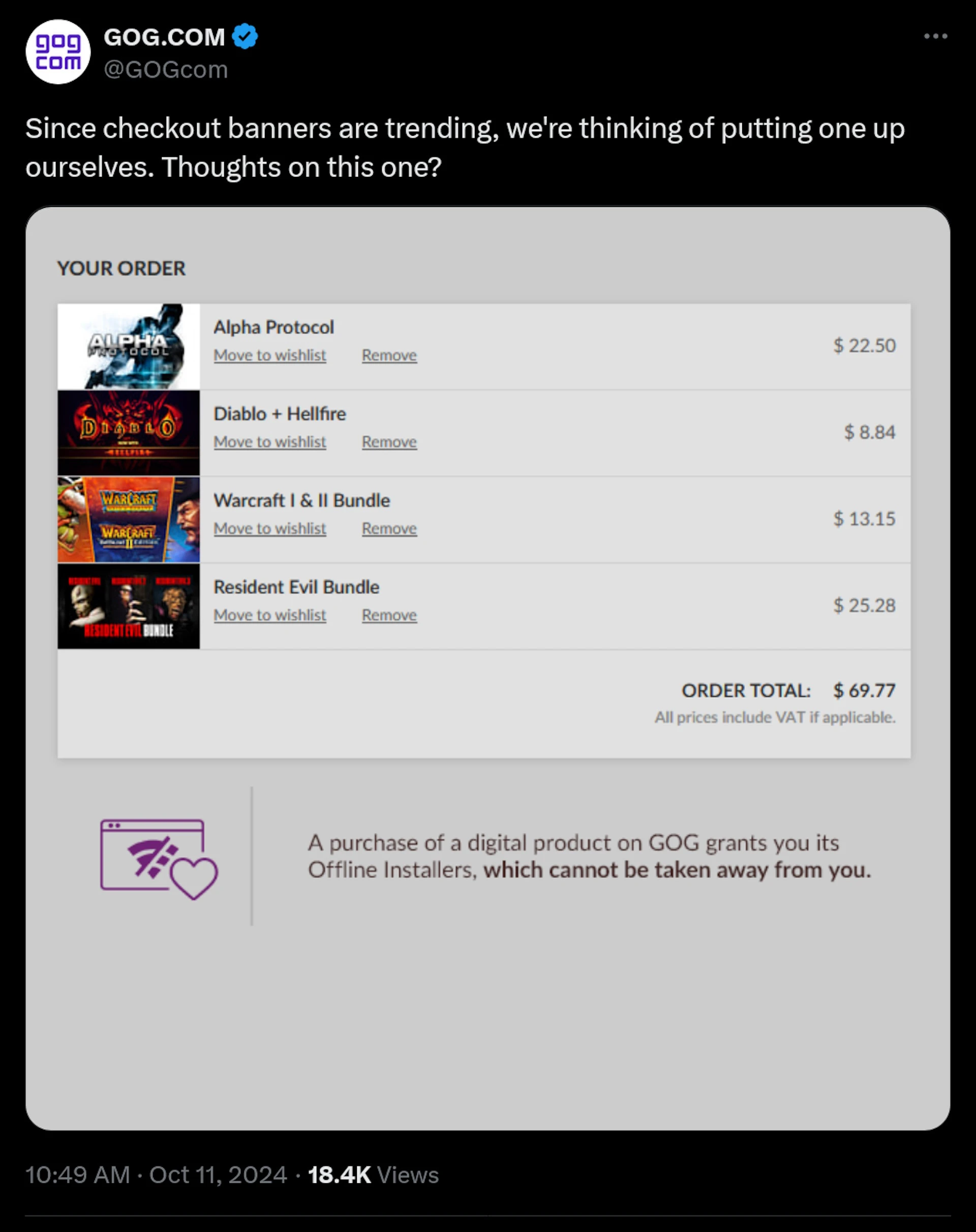

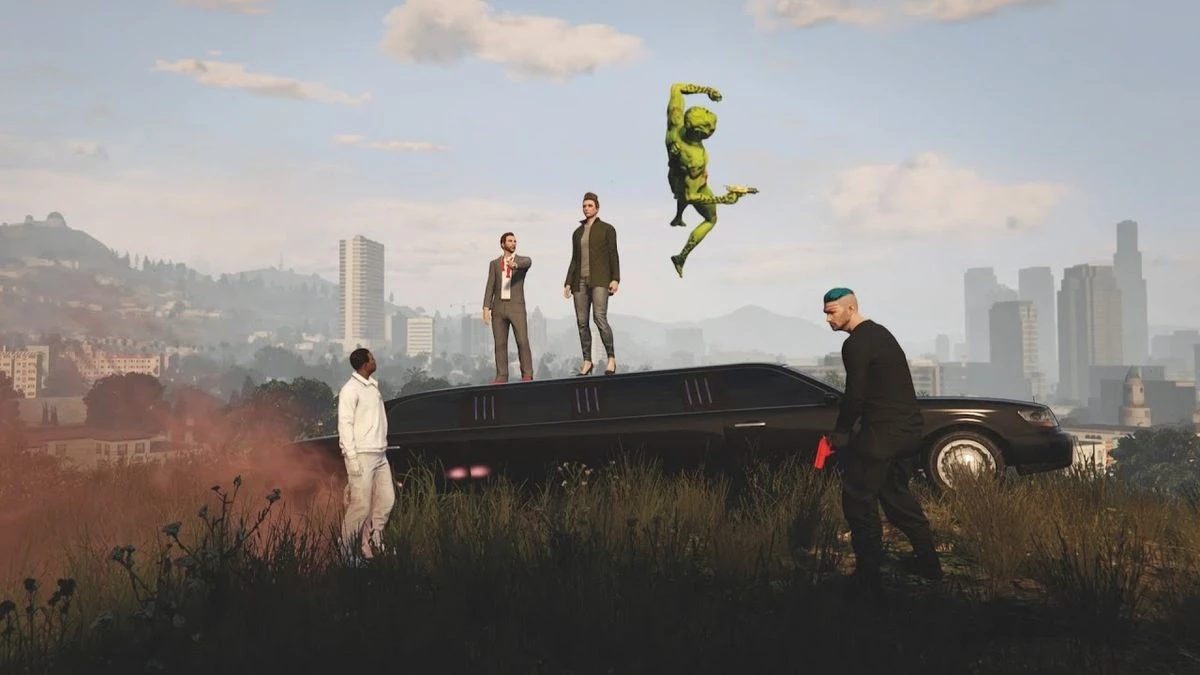
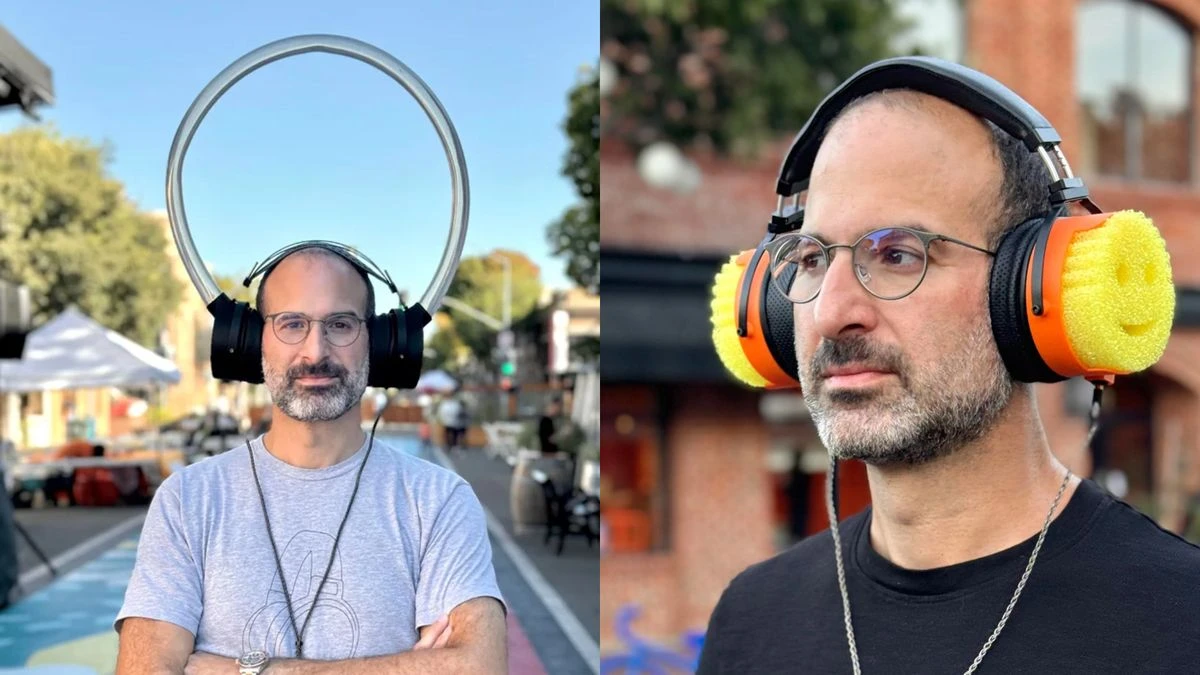
Comments